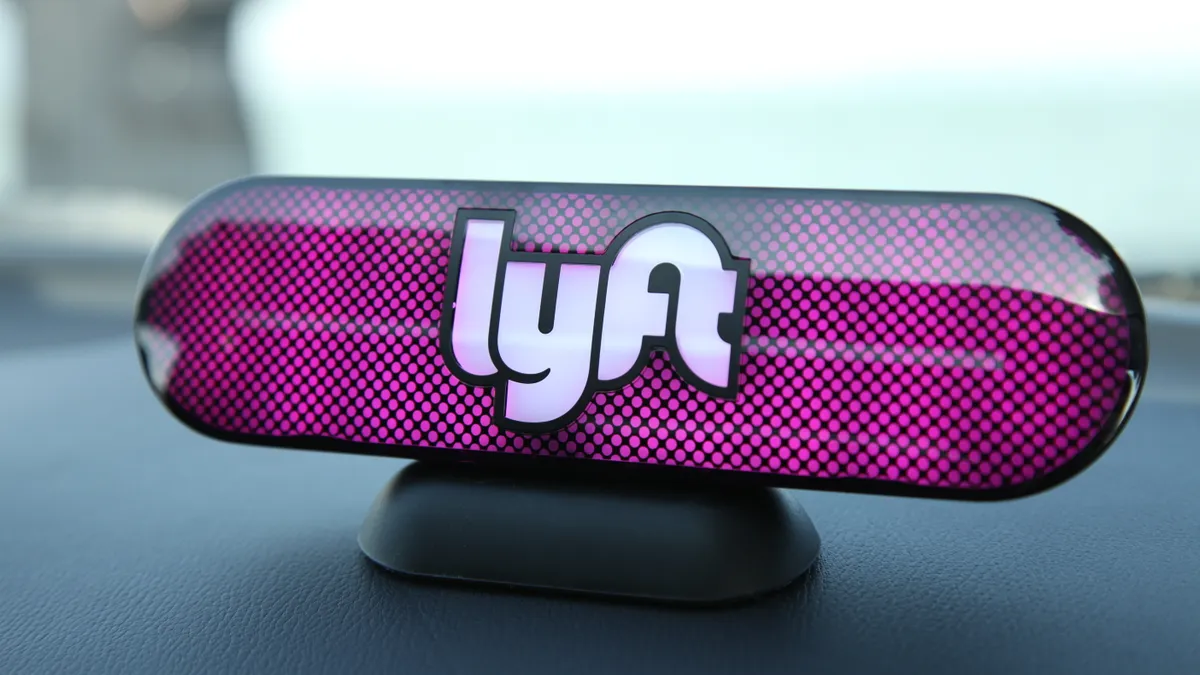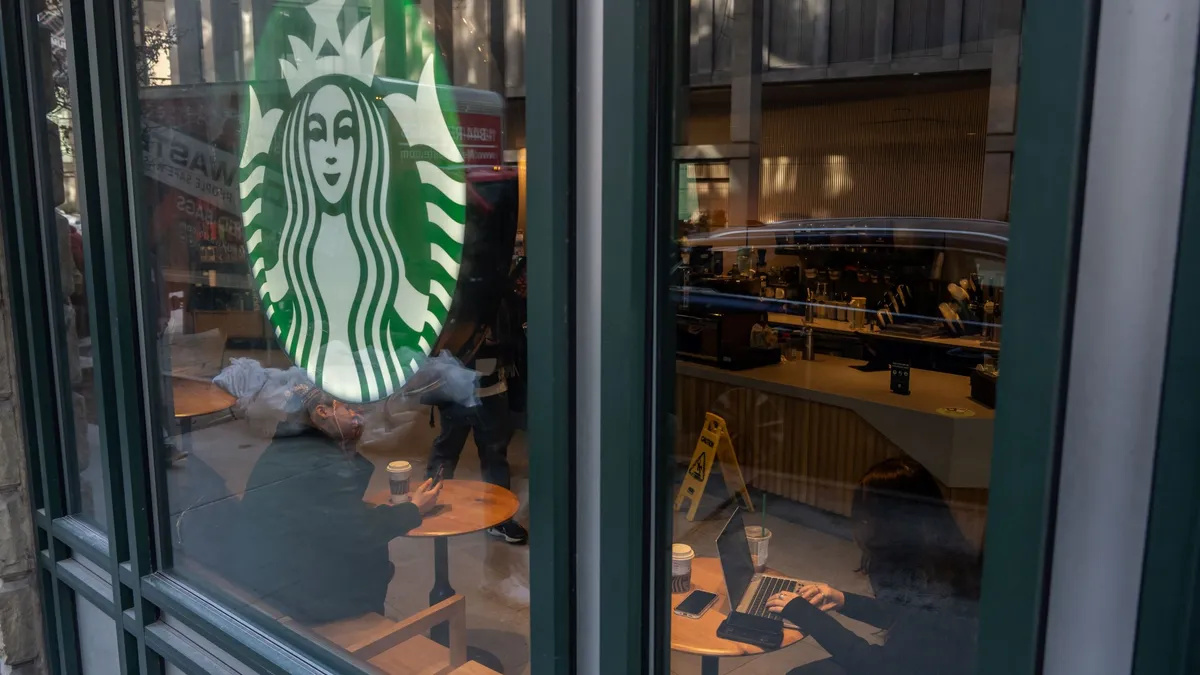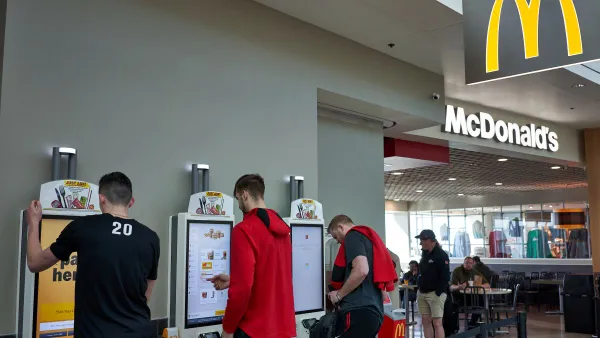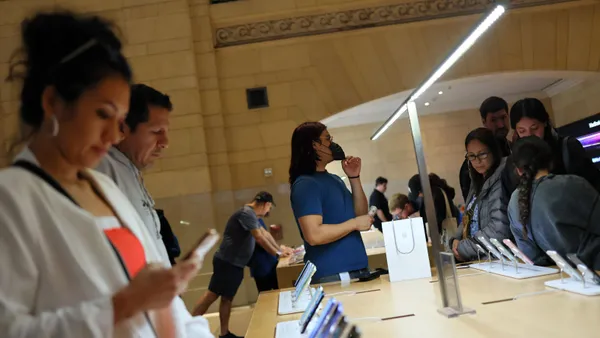Dive Brief:
- Lyft is refining its customer experience with Women+ Connect, a new feature that prioritizes matching women and nonbinary drivers and passengers. The service rolled out to more than 50 markets between September and early November, with plans to go nationwide in 2024, according to CEO David Risher.
- The company also announced its new premium Extra Comfort service. Extra Comfort rides are slightly more expensive, but guarantee experienced drivers in vehicles with more leg room, with options for quiet rides.
- These upgrades are part of a larger CX push. “As we move into the holiday season, we will continue to deliver new customer-obsessed features targeted to driver and rider needs,” Risher said during a Q3 earnings call last week.
Dive Insight:
Lyft is prioritizing the experience of drivers and riders alike as a differentiator for its ride-hailing services. The results are showing promise, and more than half of eligible drivers have opted into Women+ Connect, according to Risher.
Risher cited social media comments to highlight its success. Women have expressed how the service made them feel more comfortable finding rides in a new city or traveling to parts of town where they usually don’t feel comfortable, he said.
Two drivers said Women+ Connect will allow them to drive more hours, and another noted it may help convince their friends to start driving for the company.
“Both examples speak to how customer-obsessed features can directly improve [not only] their experience, but also our business metrics,” said Risher. “In this case, increasing driver hours, which of course leads to more rides on the platform.”
The new Extra Comfort service is expected to improve Lyft’s bottom line with an incremental revenue boost. The premium is around $1 per ride, according to Risher, who compared the service to the “crazy profit-driver” economy plus option at airlines.
“We look at that as an area [that is] very customer-focused because it allows customers to have a little bit of an upgraded experience, a little better economics for us, a little bit higher margin product,” Risher said. “That represents a very small part of our ride volume today and [it] can grow over time.”
Lyft’s customer experience evolution involves phasing out initiatives that haven’t been successful. Risher reiterated the company’s plans to sunset its Shared Ride service, a move that was first announced in a Q1 earnings call in May.
This change was also driven by the experience, according to Risher. Shared rides were cheaper, but riders didn’t like that their trip was delayed to pick up another passenger, while drivers didn’t like that it increased pickups and drop-offs — which they said was their least favorite part of a ride.
Lyft is instead putting more emphasis on Wait & Save as an economy option. Risher noted that it has the same benefit — people with flexible schedules can save some money — but with less frustration.
“It’s a great product for us,” Risher said. “It represents anywhere between 25% and 30% of ride volumes.”












